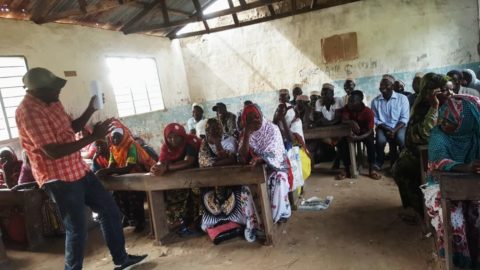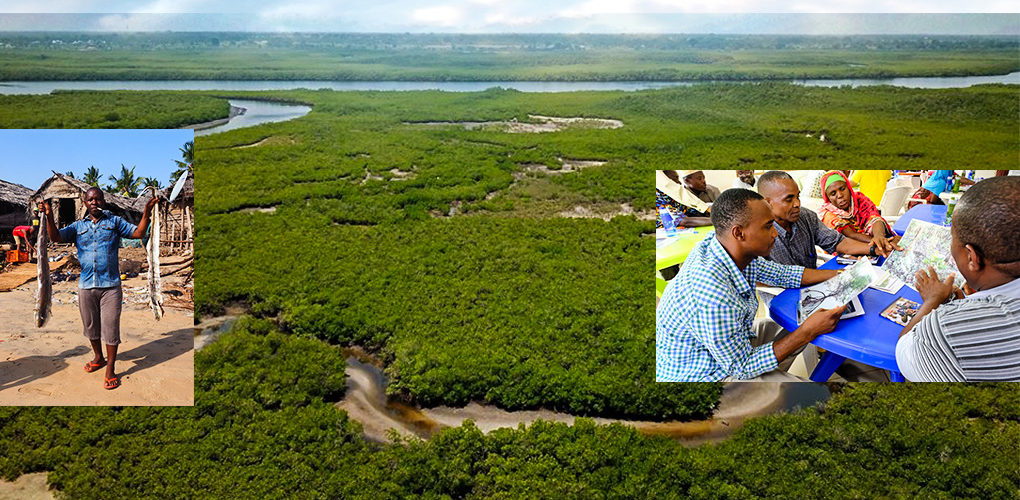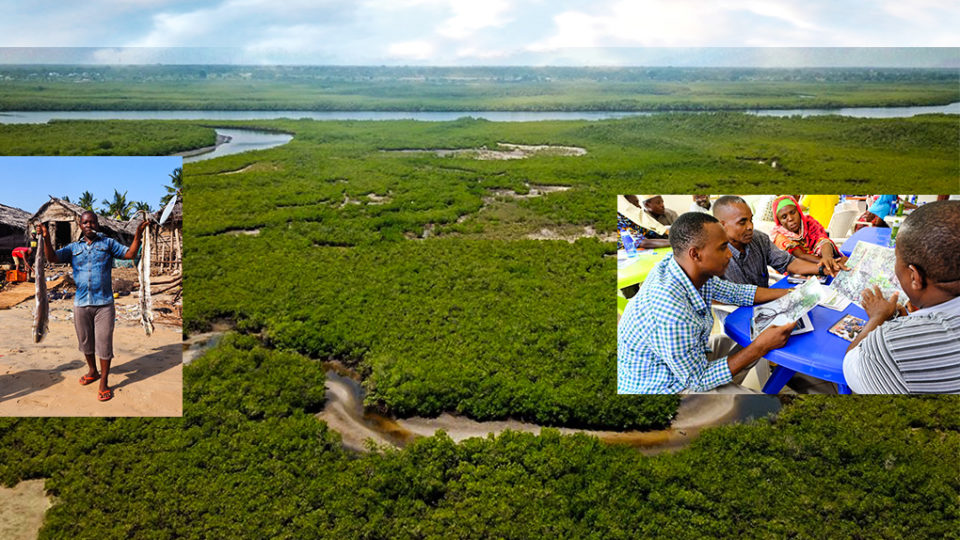Today is World Wildlife Day which is focusing on Forests and Livelihoods that sustain people and the planet. In the Rufiji Delta where some 45,000 coastal folk live, the mangrove forests are their lifeline. The area spanning 53,000 hectares is rich in biodiversity – marine, birdlife and plant species. The local community are sustained by the fisheries in the mangroves as well as products such as poles for house construction.
Historically, the community had utilised mangroves for sustenance without destroying them. But over the recent years, Rufiji has faced several challenges, some unique. These challenges are overharvesting of trees for wood fuel and building materials, salt production and human settlement; encroachment in the forest for rice farming and cattle grazing; and an invasive species that hinders mangrove growth.
To address these challenges, a management plan – spearheaded by the Tanzania Forest Service Agency in close consultation with the local communities, Wetlands International and a network of Civil Society Organisations – was developed in 2020. The plan is in the final process of approval by the Government.
According to Omari Muomboka, one of the local community members, trade in mangrove forest products such as poles and timber was banned in 2016 and used to contribute about 90% of their income. He is hopeful that the management plan will help in the protection of Rufiji’s mangroves but also, equally crucial, it will act as a guide in the resumption of trade in mangrove products to uplift their livelihoods.

Wetlands International, in collaboration with other partners, recently held several consultative and assessment meetings with the Rufiji folk to discuss viable and sustainable livelihoods activities and identify group members to be involved. These activities will in turn help reduce mangrove degradation whilst boosting restoration work. This initial engagement has 39 groups – 3011 people in 496 households – from six villages. The groups will be supported in beekeeping and honey production, chicken rearing, fish farming, basketry and production of tie-and-dye clothing. There are also efforts to improve value chains and the marketing of products from these activities.
Tatu Kasiguru is part of the 20-member Mkombozi Group from Mchinga village. Her group composed of eleven women and nine men currently rears a few chickens and hopes to boost this venture. Together with her colleagues, they will be trained on poultry husbandry, marketing and book-keeping. “We are happy for this support as it is an opportunity to, not only learn about better poultry practices, but also market them thus raising the potential to earn better revenue. This will eventually reduce our dependence on mangrove resources.”
On this global Wildlife Day, we celebrate the Rufiji community for their resilience in the management of their environment and their key role, together with other stakeholders, in ensuring a more sustainable relationship with the mangrove ecosystem for the future.

